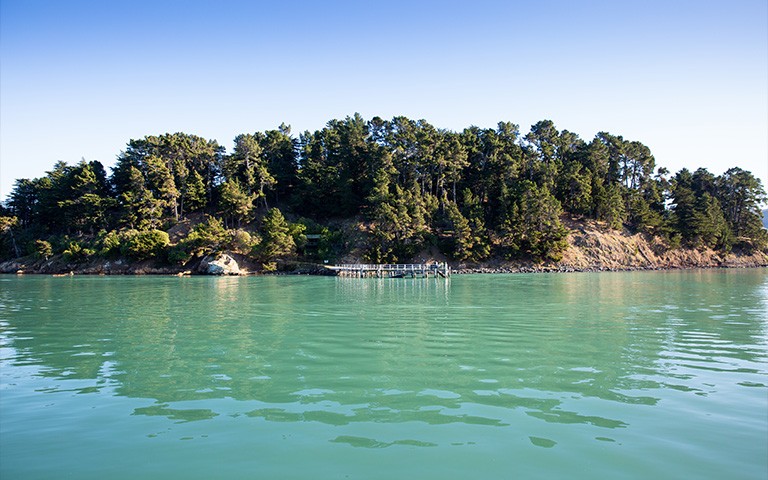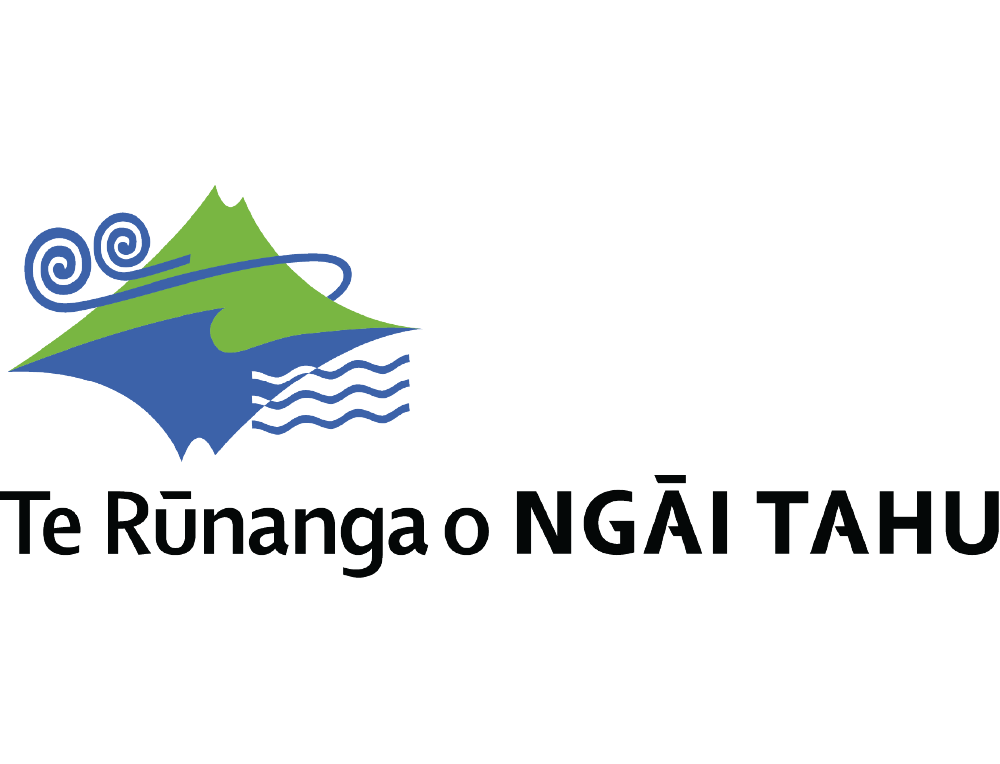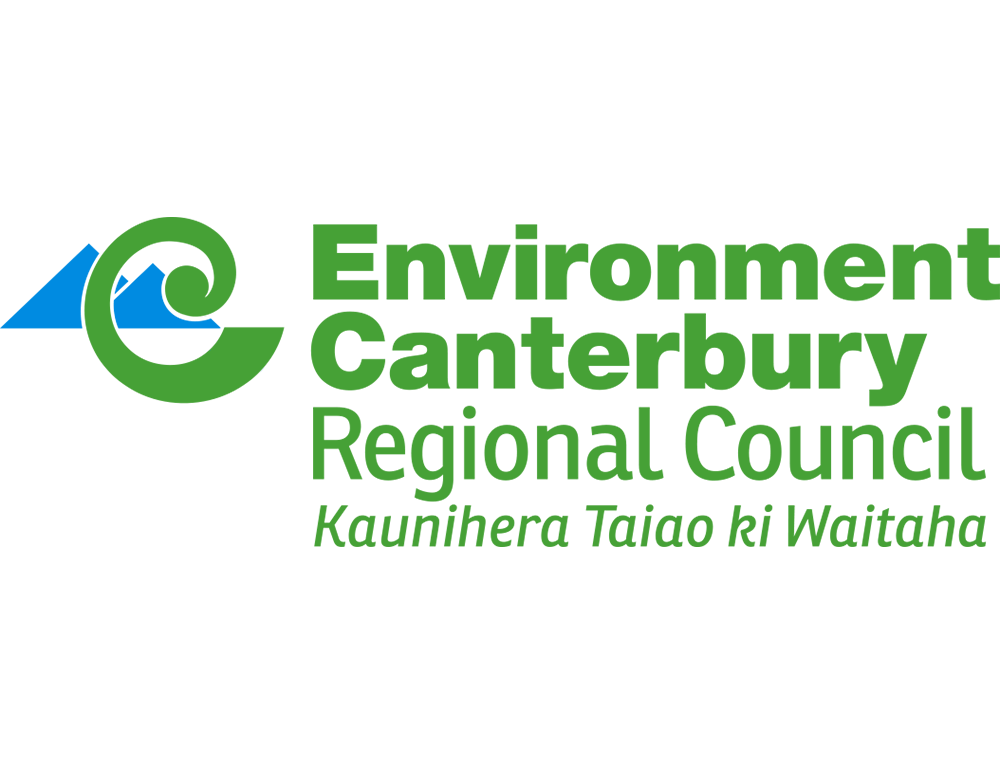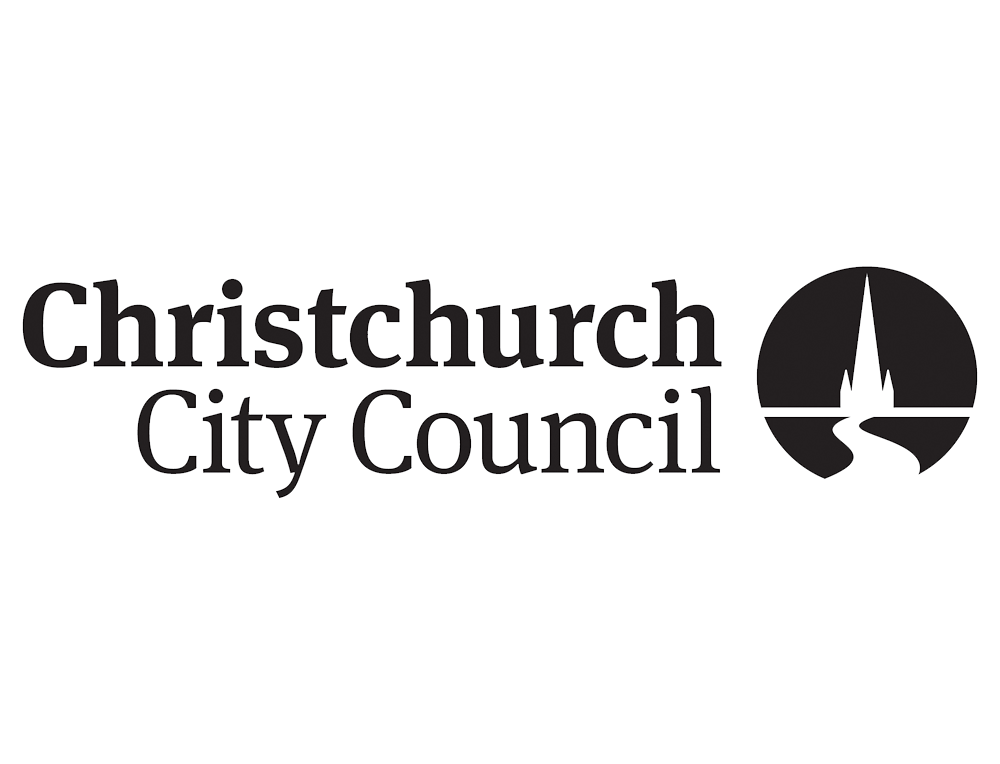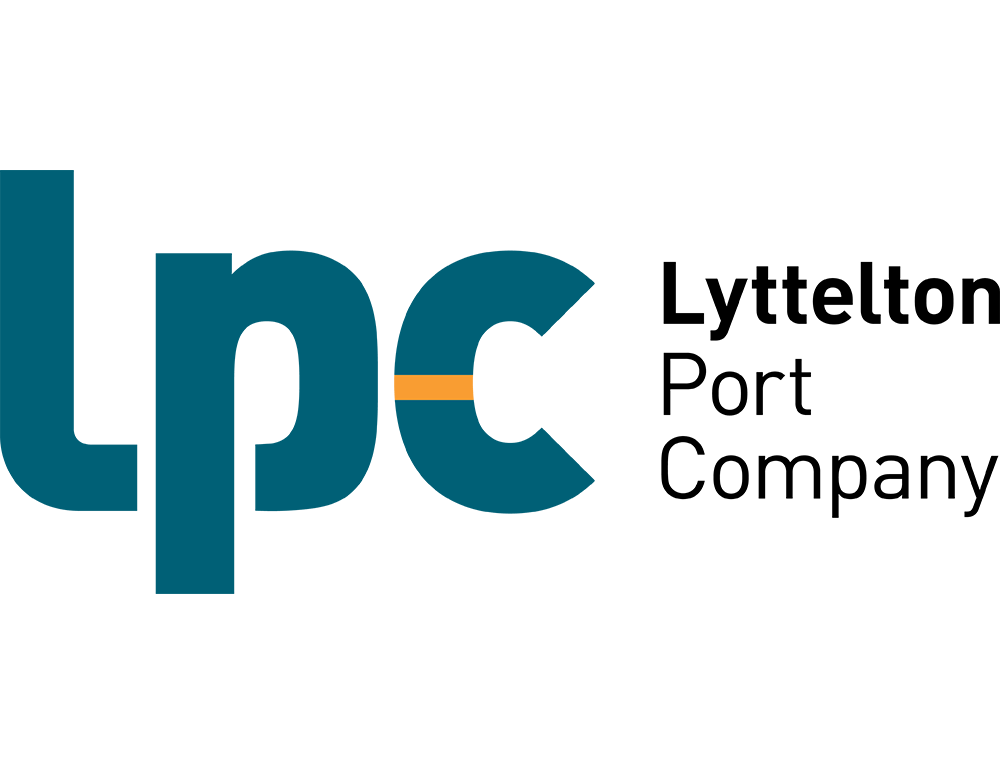Minister of Conservation Eugenie Sage announced in August that Predator Free 2050 Limited will provide $5.11 million to the ambitious, community-led Pest Free Banks Peninsula (PFBP) project.
The funding will create 15 new jobs and enable predator eradication over large parts of Banks Peninsula and Kaitōrete.
The announcement was made on 9 August at an event on Ōtamahua | Quail Island in Whakaraupō | Lyttelton Harbour.
Collaborative approach to PFBP vision
The funding agreement was signed by Predator Free 2050 Limited Acting CEO Prof Dan Tompkins and Banks Peninsula Conservation Trust Chair Mark Christensen, on behalf of 14 organisations signed up to the PFBP vision to be pest-free.
Christensen said: “In November 2018 we agreed to work together as landowners, community groups, iwi, councils and Department of Conservation so that our native plants, birds, animals and insects are flourishing on Banks Peninsula, free from the threats of introduced animal pests.
“Today, the realisation of this vision has taken a significant leap forward.”
Environment Canterbury Chair Jenny Hughey said it was great to see collaborative efforts across the region being supported by central government.
Environment Canterbury was also committed to this vision, both financially and philosophically.
“It will benefit many special native species, such as the jewelled gecko, which are threatened with extinction if we do not remove pests.”
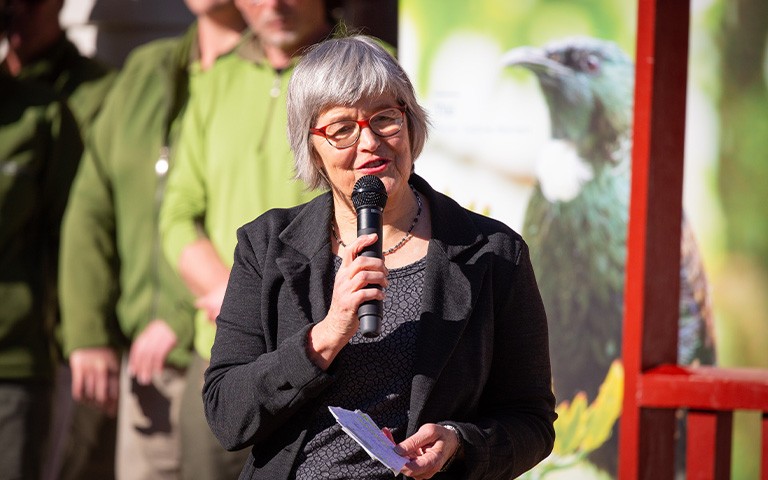
Funding aligns with Whaka-Ora Healthy Harbour goals
One of the Whaka-Ora Healthy Harbour’s whāinga | goals is for an environment that is abundant.
This means there will be an abundance of native species within the Whakaraupō harbour catchment.
People of all ages and abilities will be able to gather shellfish from the shore, and fishers will always come home with enough for their families.
Native birdsong will be an everyday sound, penguins and dolphins will be commonplace in the harbour, and native plants will cover the landscape.
Funding supports eradication focus
The project will focus on the eradication of possums and suppression of mustelids, rats and feral cats to low levels.
Possum and goat numbers on Banks Peninsula have been reduced significantly in recent years and there are many well-established trapping programmes.

